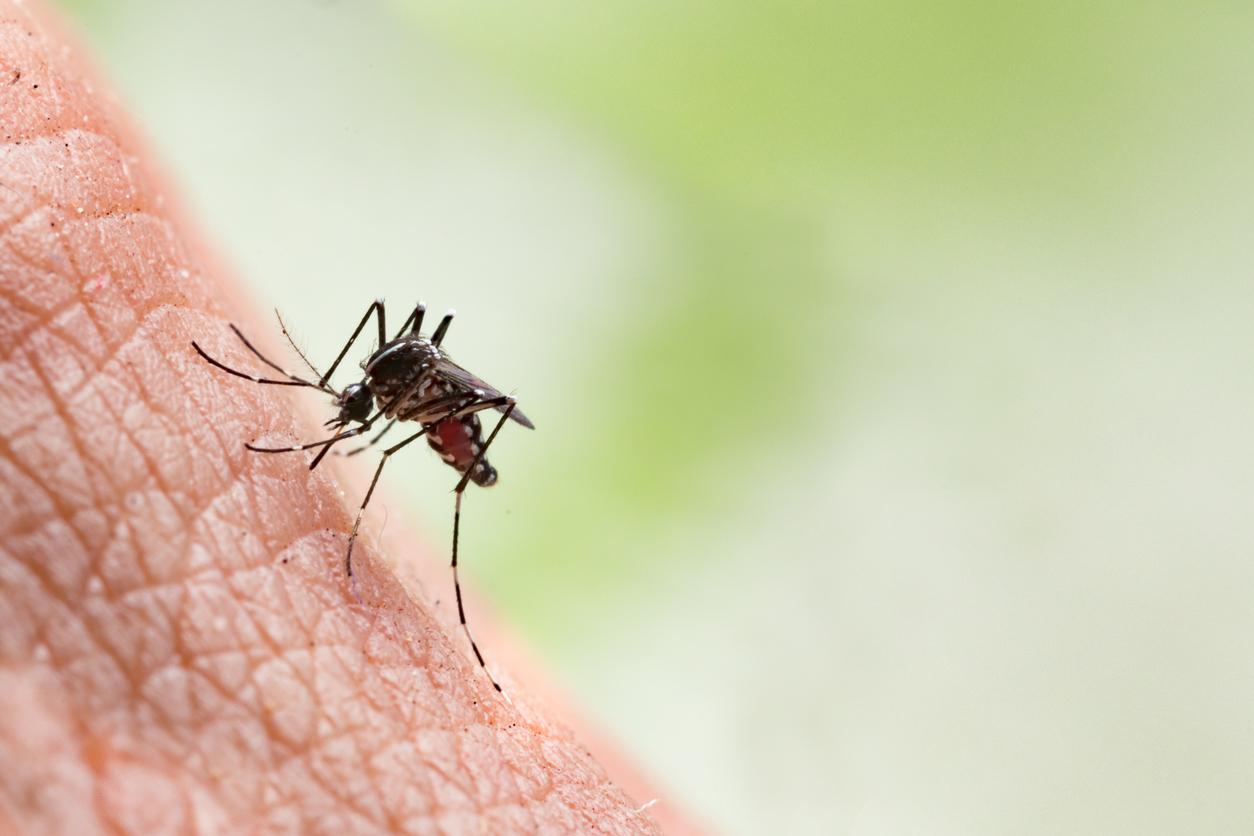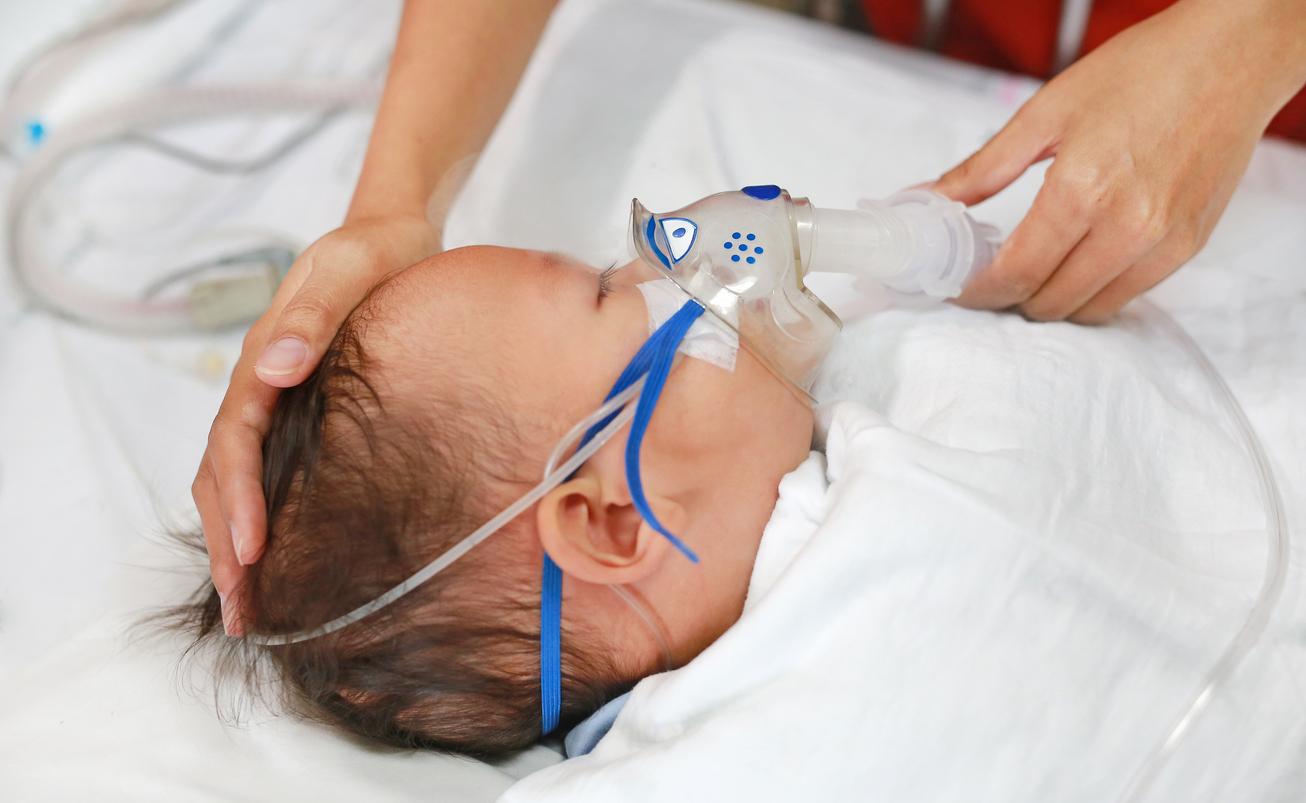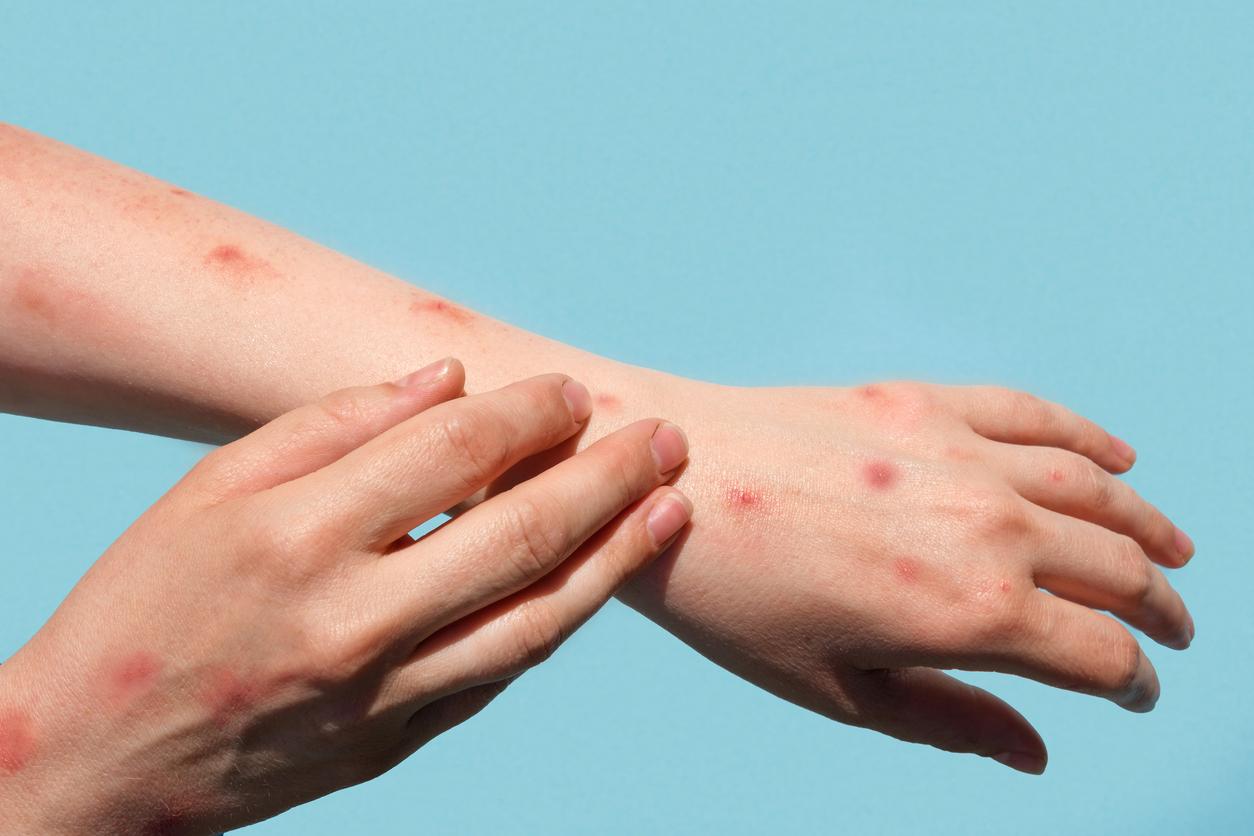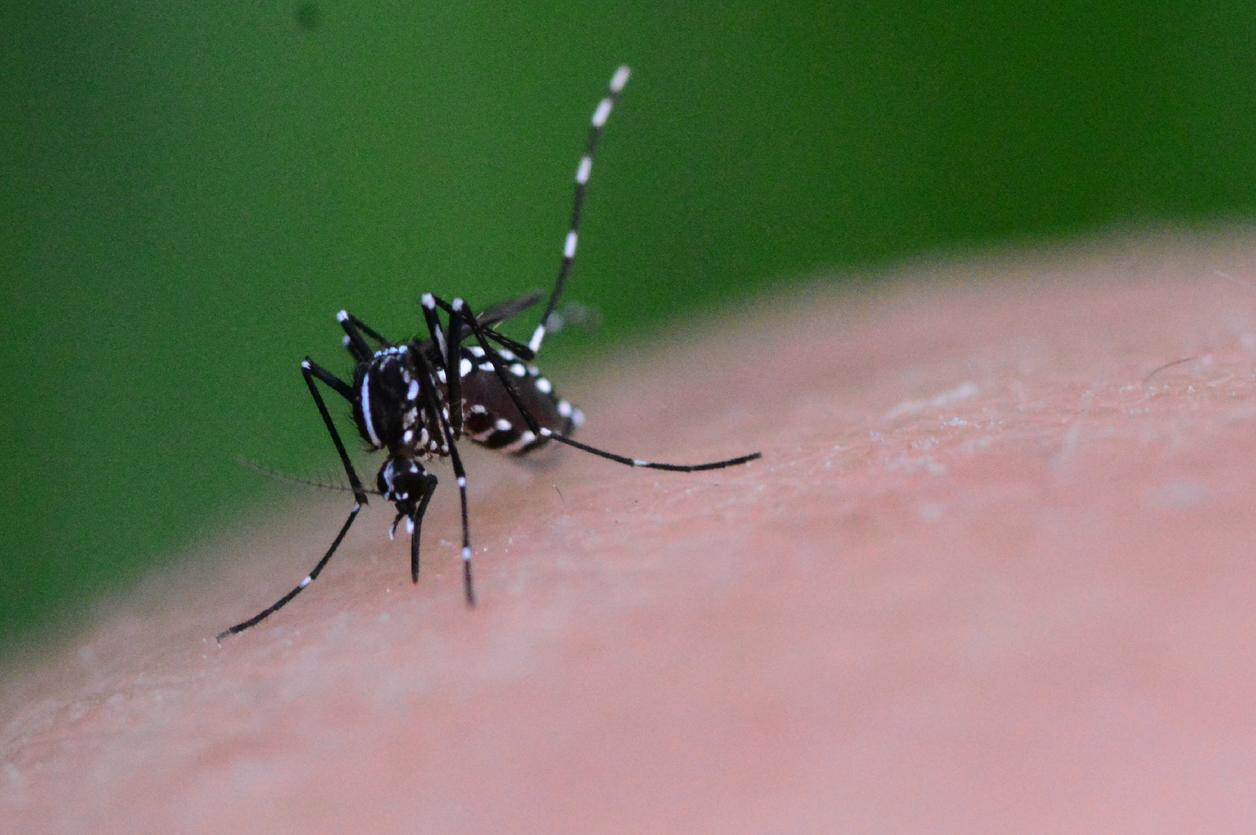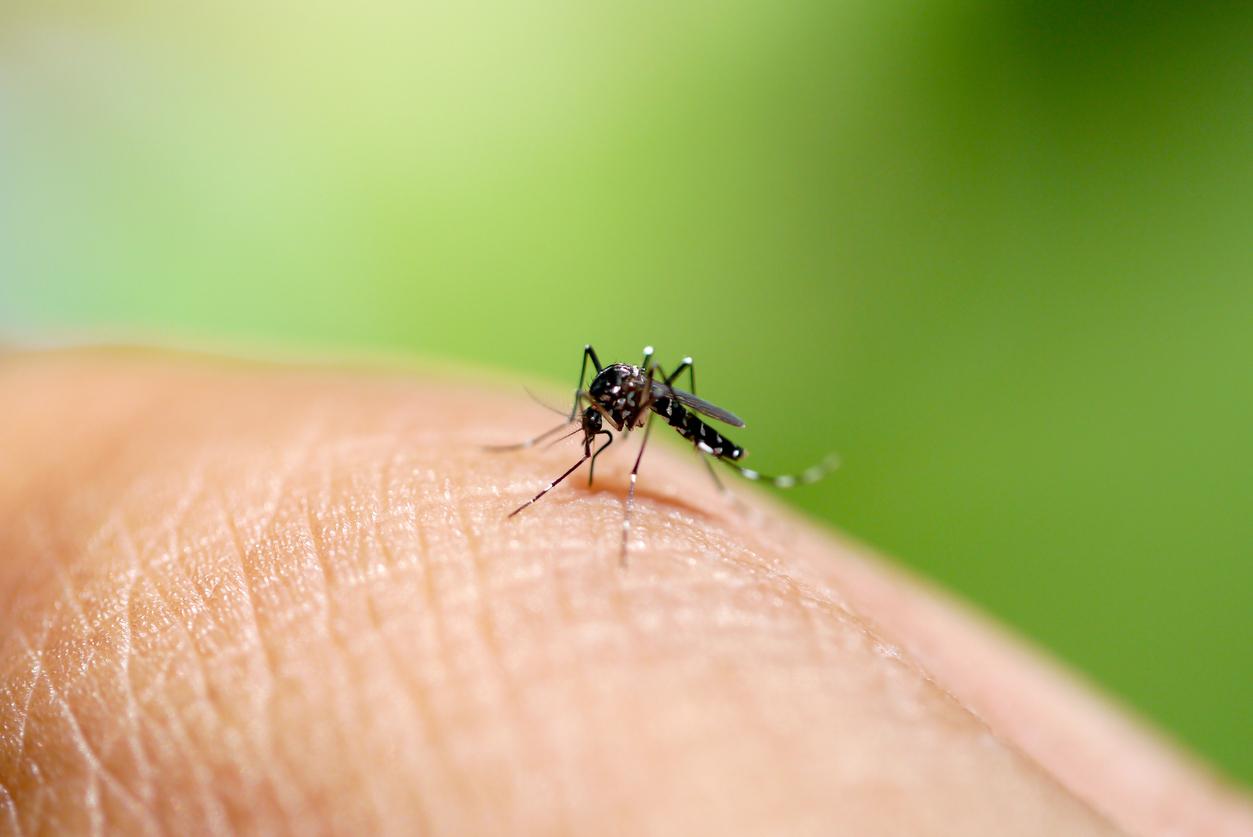The population is exposed to a high risk of diseases linked to polluted water such as cholera or leptospirosis.
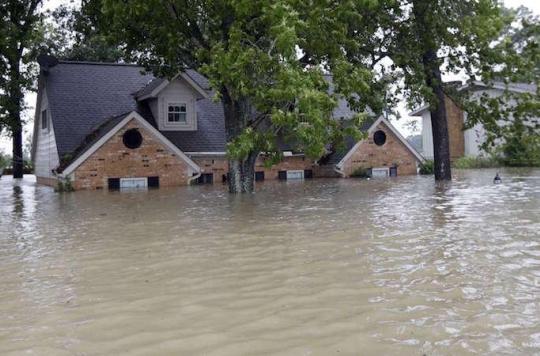
In Texas, the risk of epidemics emerges in the aftermath of the flooding caused by Storm Harvey. The deluge of wastewater that poured into the city represents a high risk of the spread of infectious diseases, both for bacterial infections and mosquito-related pathologies, experts warn.
The repercussions of this disaster could thus spread over years.
Drowning remains the immediate risk associated with flooding. Often, victims drown in their cars trying to flee. Other immediate risks are electrocution and hypothermia.
Densely populated areas
But the longer-term fallout could be much worse, as residents are exposed to massive amounts of polluted water in streets, homes and businesses. Indeed, when the waters spread in very densely populated metropolitan areas, like Houston, they have a high probability of being dirty and dangerous, explain the experts.
“There is sewage, pesticides, garbage, herbicides and toxins that we have no idea, lists Ranit Mishori of Georgetown Medical University, quoted by AFP. We are talking about hundreds of different types of bacteria and viruses that could contaminate water ”.
People can become infected by simple contact with water, from a scratch or an open wound through which pathogens can infiltrate. Polluted water can also permeate the drinking water system, increasing the risk of water contamination and, with it, cholera.
Boil water
“The spread of cholera is one of the greatest dangers after any natural disaster,” experts still remind us. This disease, which causes severe diarrhea, kills around 100,000 people every day across the world.
Among other infectious risks, experts point to leptospirosis, caused by the urine of rodents, pigs and horses. The disease can be fatal. The elderly, children and the immunocompromised are particularly vulnerable. Specialists are calling on the population to boil the water with which they wash their body and teeth, or to use mineral water bottles.
Molds
In addition, the risk of mold is also worrying. Over the next few weeks and months, fungi will develop on the facades of flooded buildings, which will put the population at risk of toxicity.
Finally, the risk of diseases linked to mosquitoes – West Nile, Zika – also increases after the flood. Mosquitoes lay their eggs in stagnant water and will take the opportunity to spread.
.









